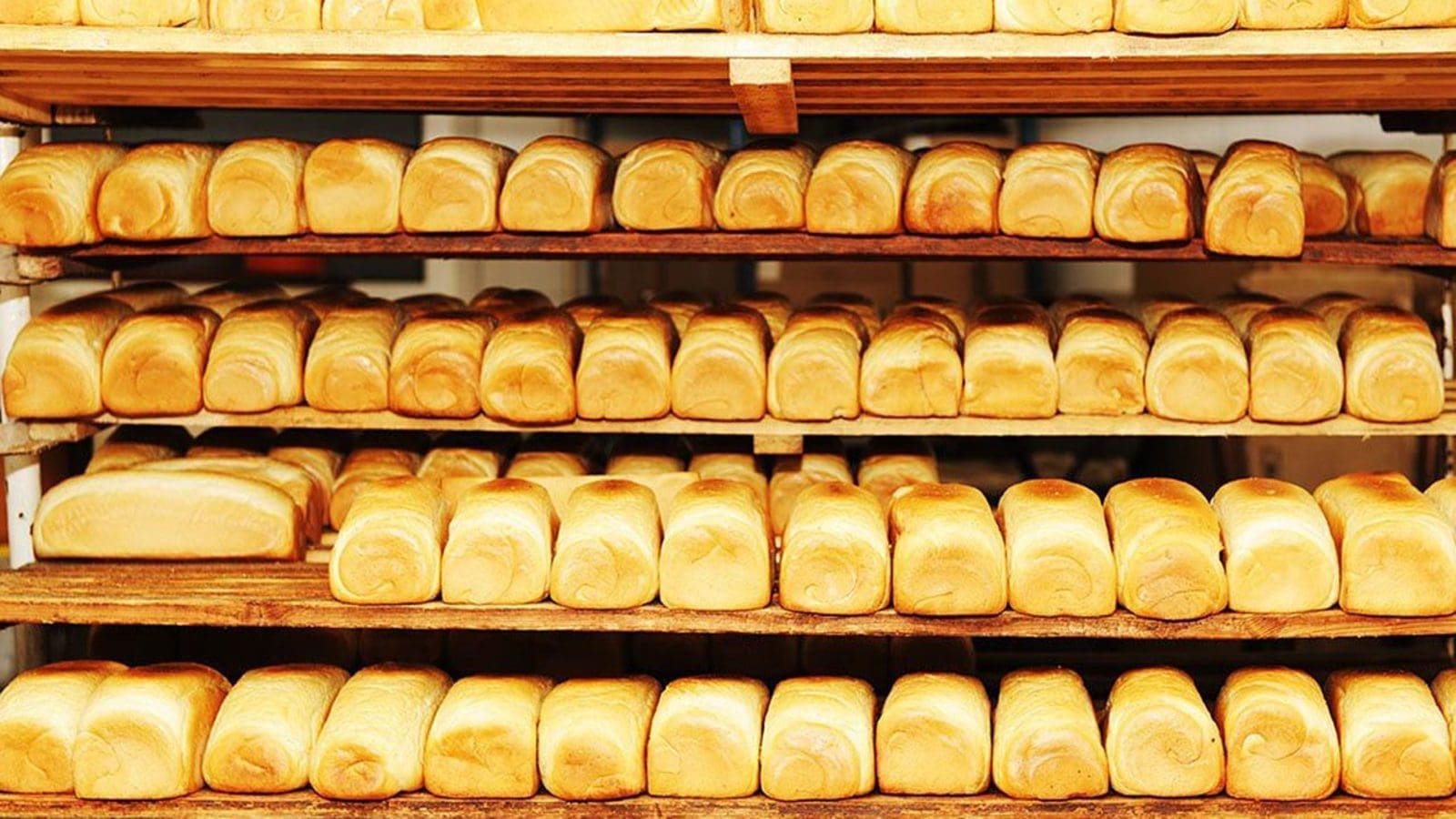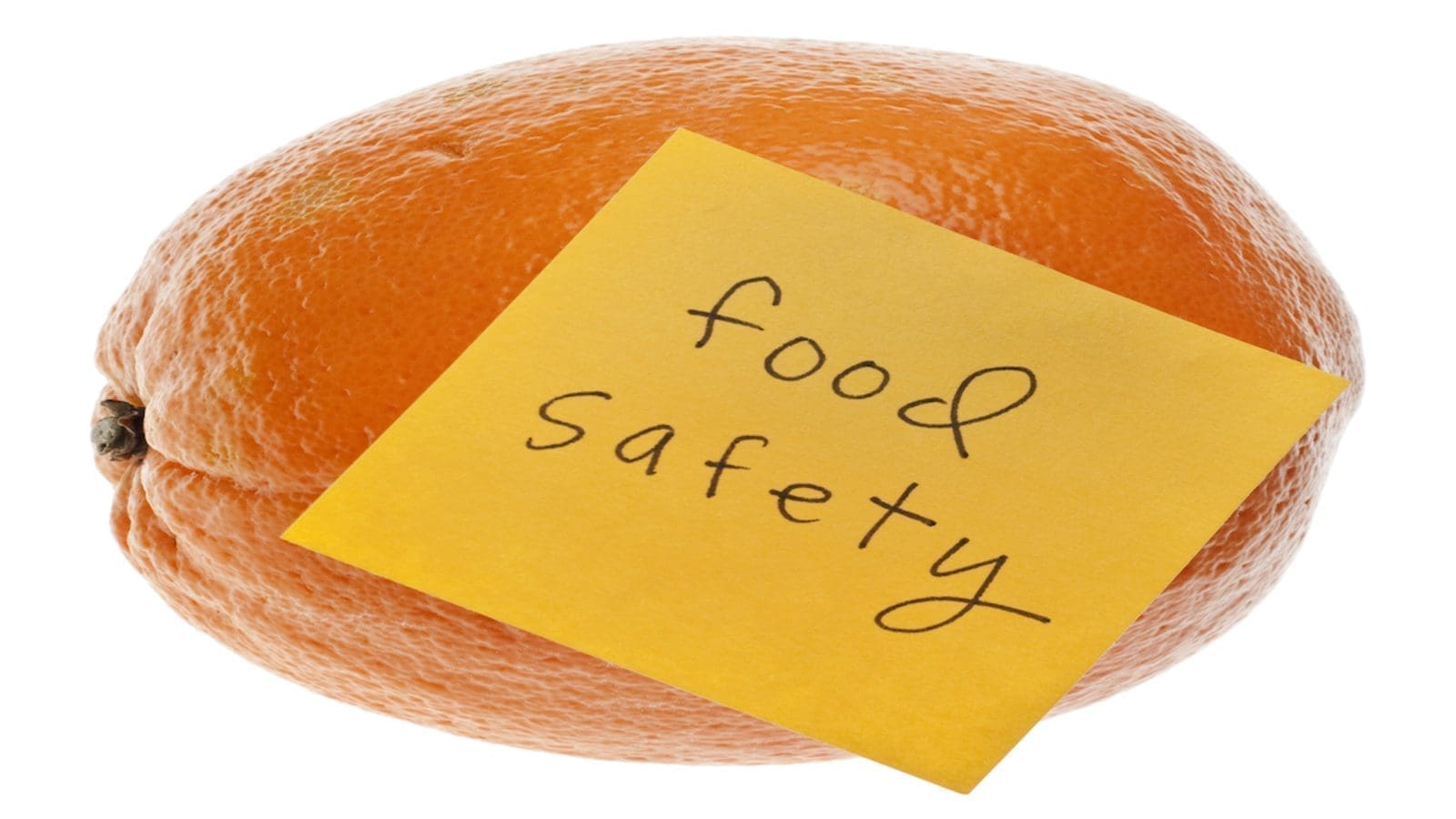BOTSWANA – The Southern African Development Community Accreditation Service (SADCAS) has published its 4th strategic plan covering the period beginning 1 April 2022 to 31 March 2027.
SADCAS is a multi-economy accreditation body established in terms of Article 15 B of the Technical Barriers to Trade (TBT) Annex to the SADC Protocol on Trade, with the primary purpose of ensuring that conformity assessment service providers operating in those SADC Member States which do not have national accreditation bodies, are subject to an oversight by an authoritative body.
The framework for the 4th SADCAS strategic plan was developed at the 5th Board strategic planning session which was held virtually from 30 September to 1 October 2021 and attended by all Board members and Management.
This 4th SADCAS strategic plan which was approved at the 72nd SADCAS Board meeting held on 18 November 2021, draws on the lessons learnt and successes so far to endorse further efforts that are needed to take SADCAS to the next phase of service excellence and growth.
It reflects the company’s continuous improvement philosophy designed to ensure that SADCAS continually operates as a sustainable, dynamic and customer focused organization.
The plan supports the SADC industrialization thrust and sustainable development in the region, facilitates trade and regional integration and enhances human capital development and competence.
SADCAS services the accreditation needs of 14 SADC Member States namely, Angola, Botswana, Comoros, Democratic Republic of Congo (DRC), Eswatini, Lesotho, Madagascar, Malawi, Mozambique, Namibia, Seychelles, Tanzania, Zambia, and Zimbabwe.
SADCAS is a subsidiarity Institution of SADC and its Offices are situated at Gaborone, Botswana. It offers accreditation services and training on accreditation related activities.
The body’s core business is accreditation services whilst training services are designed to build capacity on conformity assessment service providers thus create a clientele base for SADCAS.
SADCAS currently Calibration Laboratories Accreditation Scheme (CLAS), Testing Laboratories Accreditation Scheme (TLAS), Inspection Bodies Accreditation Scheme (IBAS), Management Systems Certification Bodies Accreditation Scheme (CBAS – MS), Product Certification Bodies Accreditation Scheme (CBAS – Prod), and Personnel Certification Bodies Accreditation Scheme (CBAS -Pers).
It’s now in its 13th year of operation and accreditations continue to grow in terms of field and scope of accreditation, sectorial coverage and also in terms of geographical diversity having accredited facilities in 13 SADC Member States and 2 non-SADC Countries.
By 30 October 2021, SADCAS had issued 218 accreditation certificates to 176 accredited facilities in 13 SADC Member States.
At the same time, SADCAS had cumulatively conducted 217 training courses in 13 SADC Member States as part of its efforts to develop capacity of conformity assessment bodies for accreditation.
A total of 76 accreditation applications from 11 SADC Member States were at various stages of processing.
SADCAS accreditation schemes internationally recognized
Six (6) out of the eight (8) accreditation schemes offered by SADCAS are internationally recognized. This means that the certificates issued by SADCAS accreditation bodies are recognized in 103 countries worldwide thus removing the need for repetitive conformity assessment checks.
Effectively this means that through internationally recognized accreditation, SADC Member States serviced by SADCAS have better access to 103 foreign markets – A truly global reach.
Over the years, SADCAS the first multi economy accreditation body in the world has proved to be a viable, cost effective and sustainable model which optimizes limited financial and human resources.
A number of other regions in the world such as the Gulf region, Economic Community of West African States (UEMOA), Caribbean Islands etc. have benchmarked on the “home grown” SADCAS model, a concept developed by a group of experts from the SADC region.
By assuring technical competence, SADCAS is playing an important role in facilitating regional integration and in the protection of health, safety and the environment thus contribute towards the achievement of the SADC ultimate goal of achieving economic growth, alleviating poverty and enhancing the standard and quality of the life of its people
Liked this article? Subscribe to Food Safety Africa News, our regular email newsletters with the latest news insights from Africa and the World’s food safety, quality and compliance. SUBSCRIBE HERE








